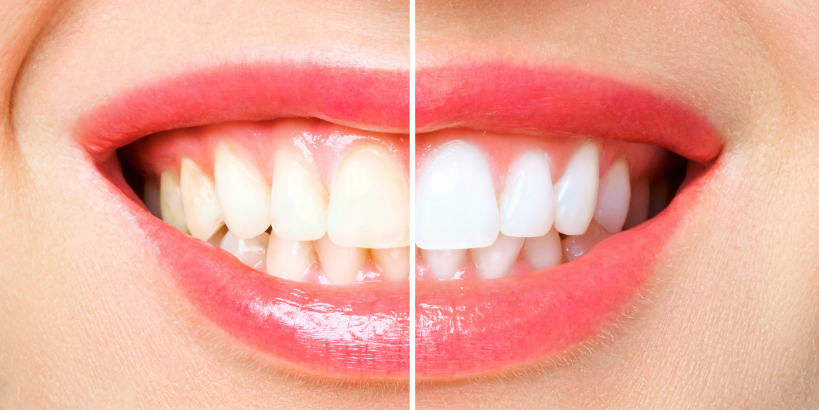Many people consider improving the color of their teeth as part of maintaining a confident appearance. While various methods exist to brighten enamel, those with existing sensitivity often wonder whether teeth whitening will cause more discomfort. The answer depends on multiple factors, including the method used, the condition of the enamel, and the specific sensitivity triggers. Understanding these details helps patients choose safer approaches without worsening sensitivity or compromising long-term oral health.
What Causes Sensitivity in the First Place
Tooth sensitivity usually develops when the protective enamel thins or the gumline recedes, exposing the underlying dentin. This area contains small tubules that connect to the tooth’s nerve center, making it more reactive to temperature, pressure, and certain chemicals. Common causes include aggressive brushing, acidic diets, grinding, or gum disease. Before starting any whitening treatment, it’s helpful to identify and manage these underlying factors. A dentist can assess the root cause and recommend strategies to reduce discomfort during the whitening process.
Most teeth whitening products use either hydrogen peroxide or carbamide peroxide as active agents. These chemicals break down surface stains but may also reach deeper layers of the tooth, temporarily increasing sensitivity. People with exposed dentin or thin enamel may experience a sharper reaction to these ingredients, especially with repeated use. While this sensitivity usually subsides within a few days, those already prone to discomfort may find even short-term pain disruptive. Choosing lower concentrations or shorter application times may help reduce these side effects.
Professional Treatments Versus Over-the-Counter Options
In-office treatments tend to offer more control and faster results than store-bought kits. Dentists can tailor the strength of the whitening agent, apply protective barriers, and monitor progress in real time. For individuals with sensitive teeth, this level of customization can significantly reduce irritation. At-home products, including strips, trays, or pens, lack this oversight and may be more likely to cause uneven whitening or gum sensitivity if used incorrectly. A professional evaluation allows patients to weigh these differences and choose a safer, more comfortable path.
When sensitivity is a concern, providers may take several precautions during whitening procedures. These can include applying fluoride or desensitizing gels before treatment, using lower peroxide concentrations, or spacing out sessions over a longer period. A dentist may also suggest using a soft-bristled toothbrush and non-abrasive toothpaste during the whitening process. These strategies help preserve enamel and minimize discomfort while still achieving noticeable improvements in tooth color. Patients often report better experiences when the process is personalized to their needs.
Using desensitizing toothpaste before and after whitening can offer a layer of protection for sensitive teeth. These formulas contain ingredients like potassium nitrate or stannous fluoride, which block nerve signals and reinforce enamel. For best results, many providers recommend using these products consistently for one to two weeks before starting any whitening treatment. This preparation can help reduce the intensity of symptoms and make the overall experience more tolerable. A dentist can suggest specific products that align with each patient’s needs.
Schedule a Teeth Whitening Consultation
Improving the look of your smile should never come at the cost of comfort or oral health. By working with a provider who understands both the cosmetic and structural aspects of dental care, patients can pursue whitening without worsening existing sensitivity. A gradual approach, combined with proper protection and informed product choices, supports both appearance and well-being. With the right strategy, even those with sensitive teeth can safely explore whitening options tailored to their needs.









